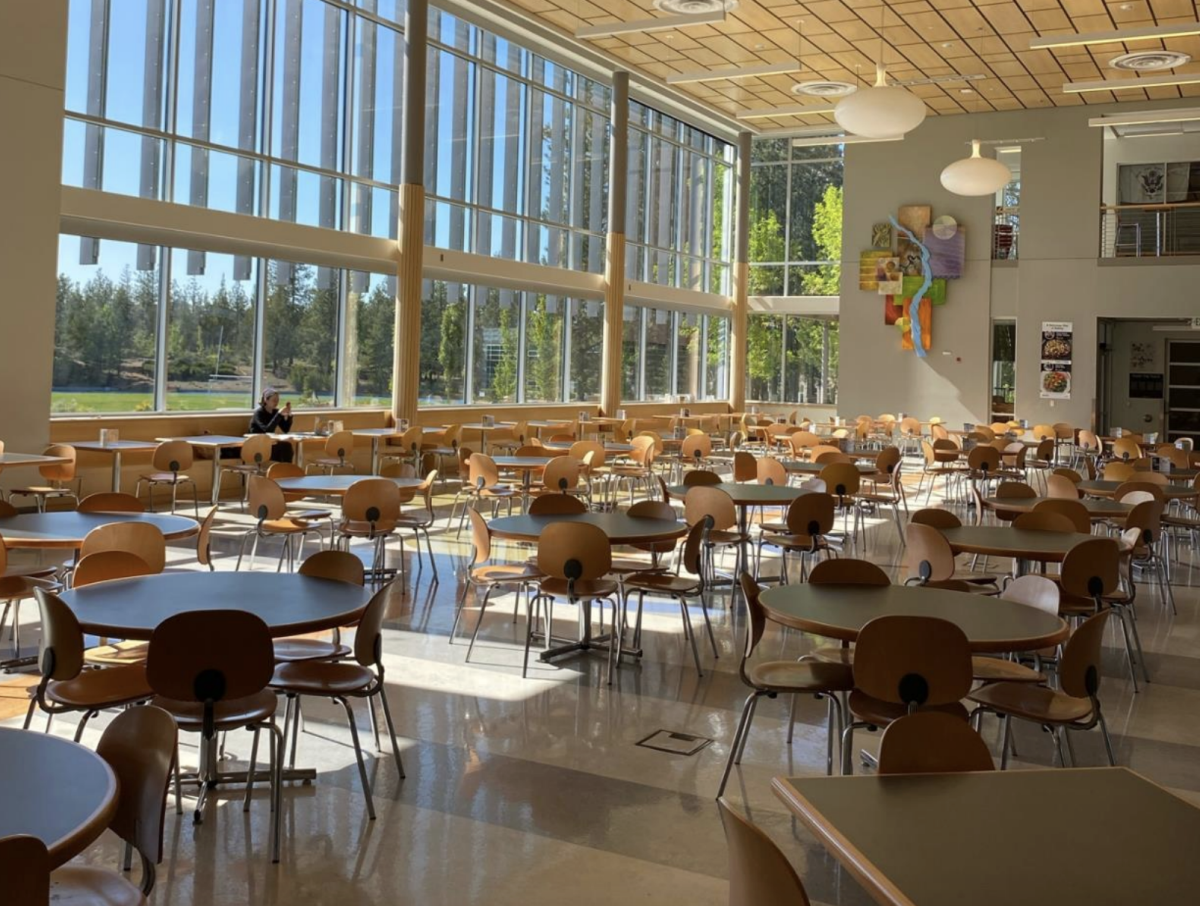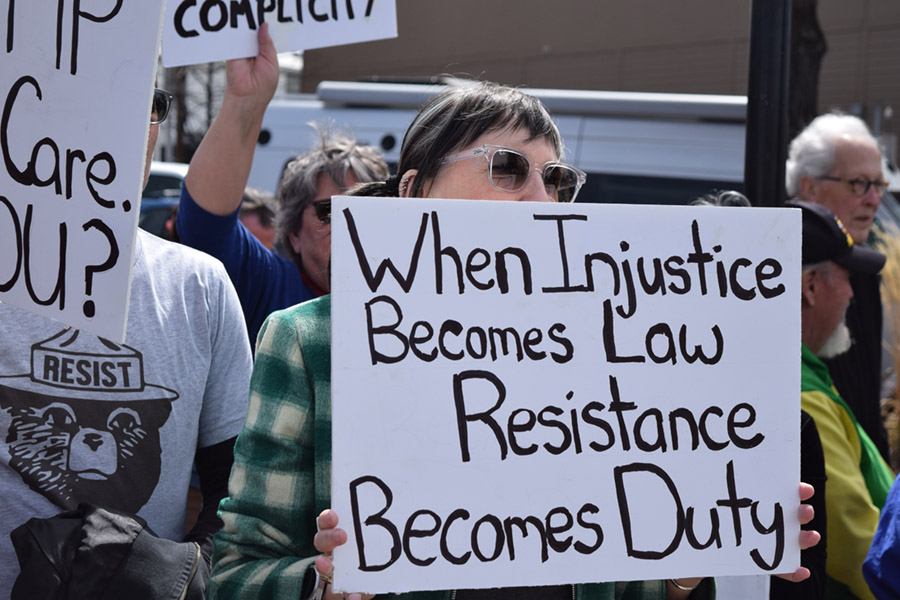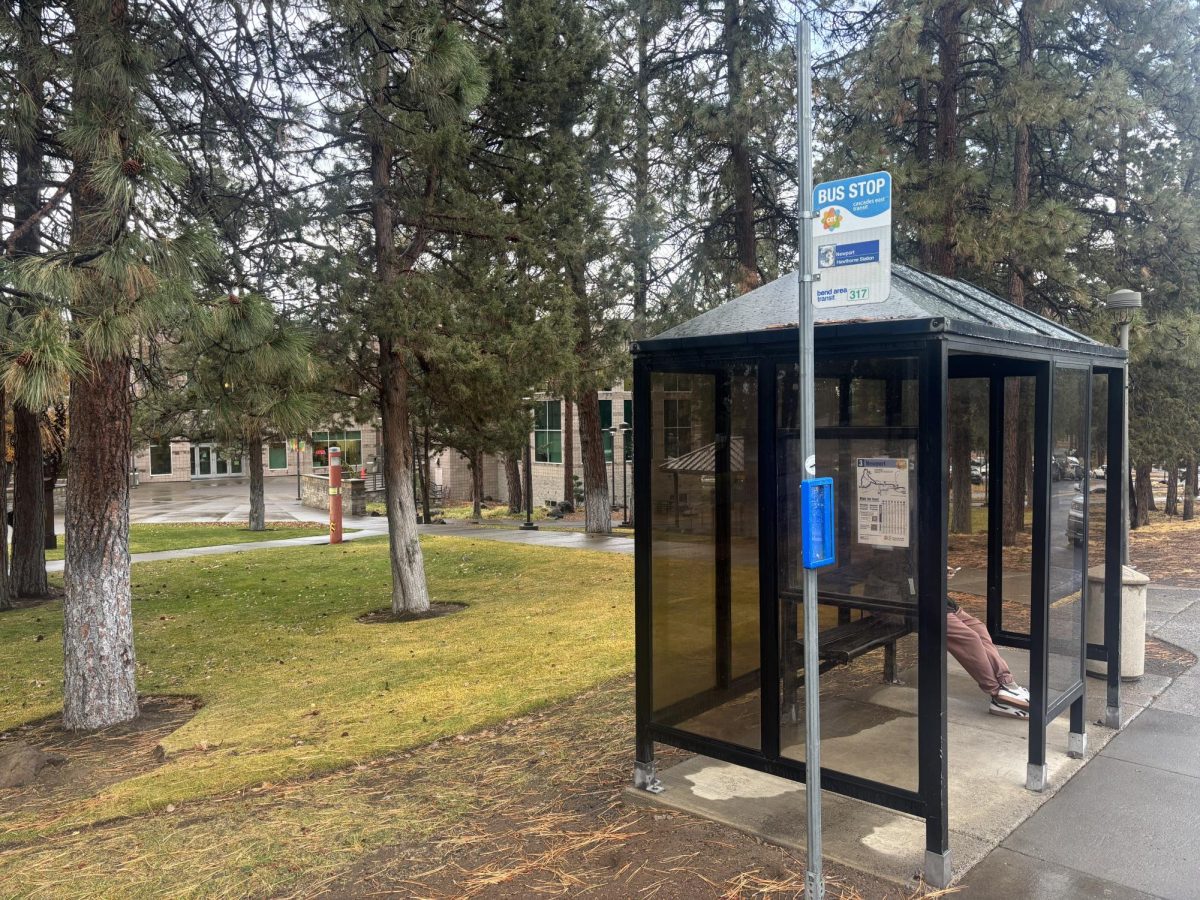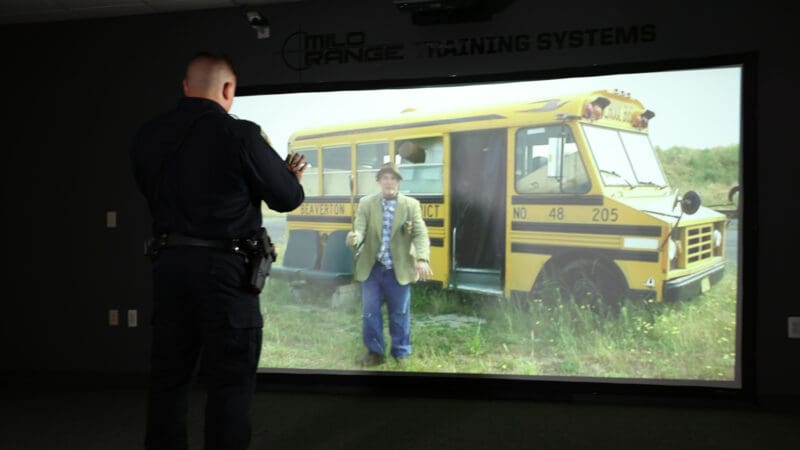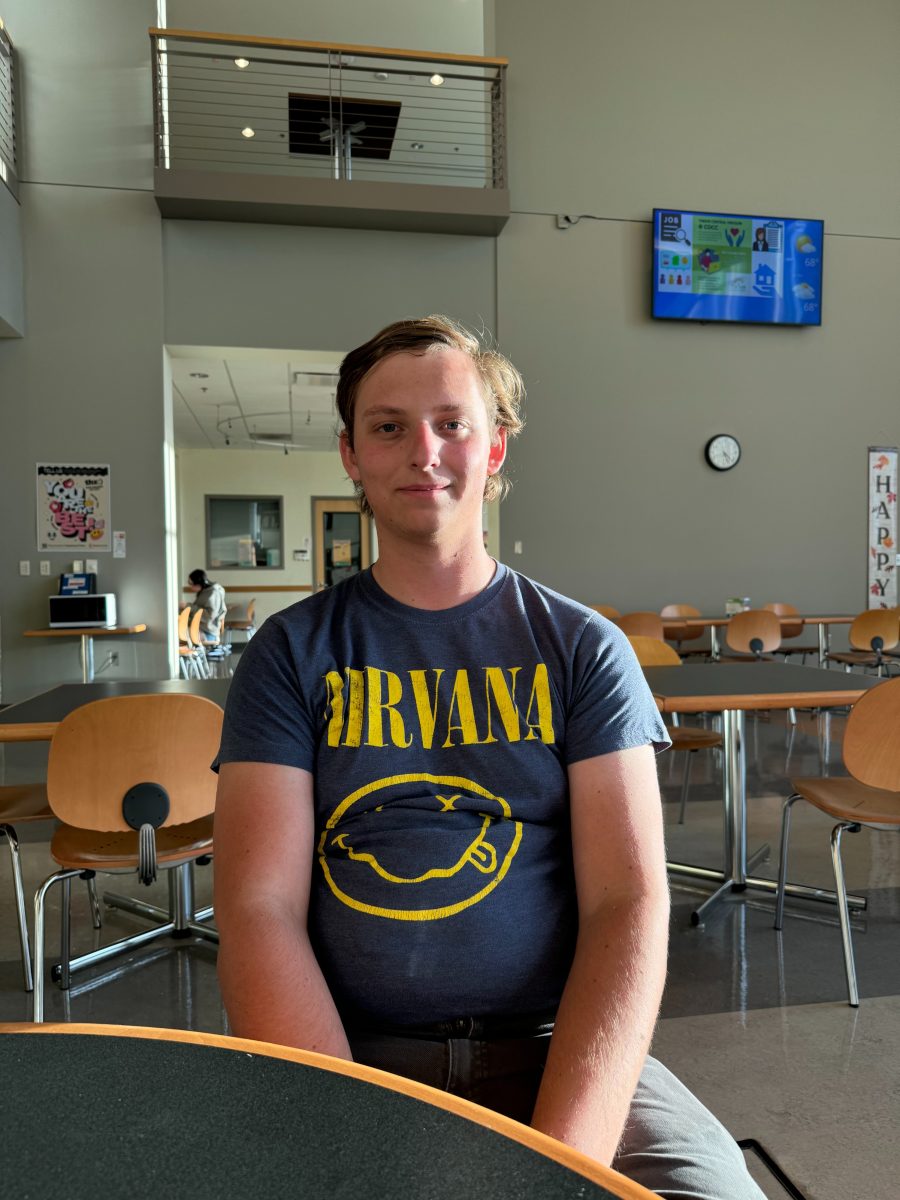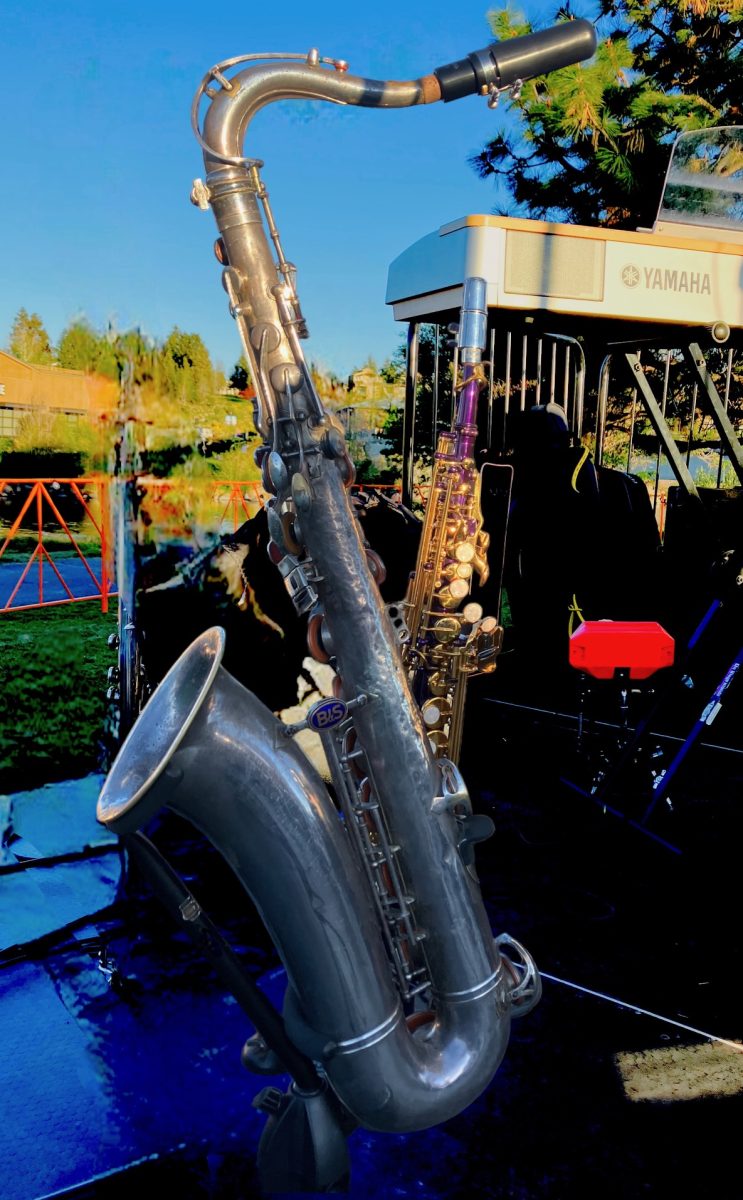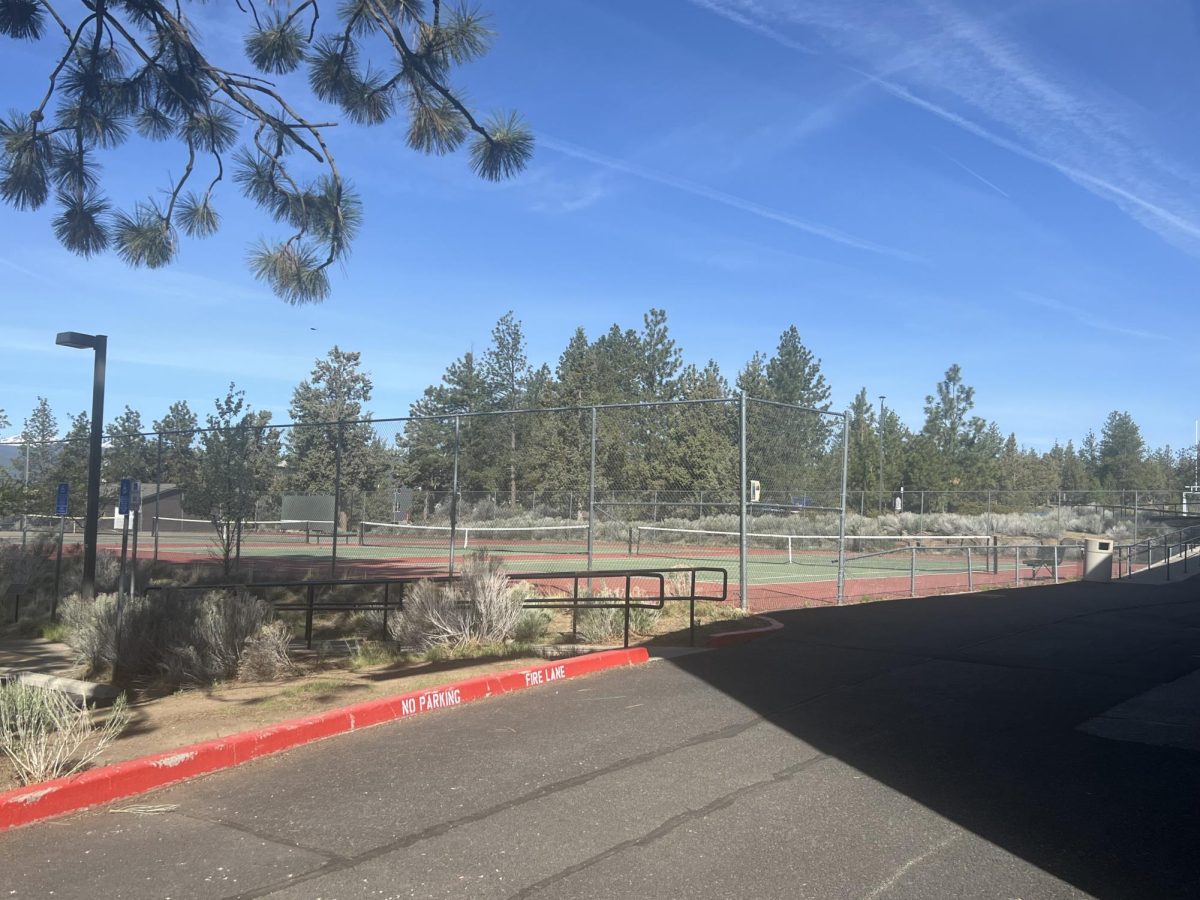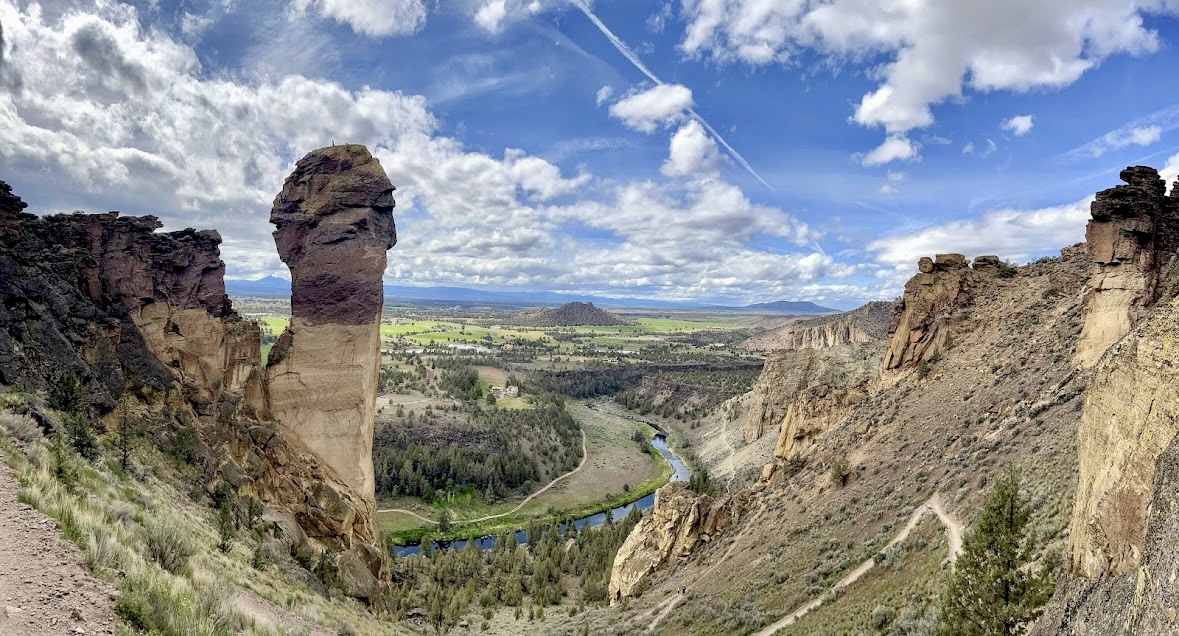At Central Oregon Community College, enrollment peaked more than a decade ago and has dropped steadily since then. The nation has been facing an overall decline in community college enrollment, and COCC is not an exception. This recent trend raises questions about the factors contributing to this decline and its potential implications for both the institution and the surrounding community.
COCC, once boasting a peak enrollment figure in 2011 of 6,633 FTEs (full time credits), has witnessed a steady decrease in student enrollment ever since. Most recently, COCC has seen 3,357 FTEs since 2021 with their lowest recorded enrollment of 1,495 FTEs from 1989 to 1990. After COVID, COCC expected enrollment numbers to bounce back. Sofia Stranieri, COCC admissions coordinator said “We thought that everyone would go back to school like in 2008, but that didn’t happen. Life expenses took priority over higher education.”
Diane Pritchard, COCC’s director of career services, said she doesn’t think much has changed. A college degree still boosts a student’s future earning potential and puts students at an advantage later in their careers. Pritchard thinks enrollment is still adjusting because of COVID but will eventually go back up because of the college’s emphasis on more flexible course offerings.
But COVID isn’t the only cause for this decline. “From about 2010 until the pandemic, community college enrollment was declining for that whole, about 10-year, span of time. Colleges are where people often turn to complete schooling or reskill into a slightly different career field when the economy is weak,” said Amy Cox, Director at the Office of Research and Data of the Higher Education Coordination Commission.
Cox also notes that when the economy is strong and there are lots of jobs, less people will want
to enroll in community college.
“Some of those areas where they’re having a harder time finding workers, very much need workers to really support the whole state’s needs. When enrollment is down, we’re not feeding the pipeline of those workers. The idea of post-secondary education and training for individuals’ benefits are very true. It’s also something that’s needed for our communities.” The job market has been evolving rapidly since the start of the pandemic, with increasing demand for technical and specialized skills. This shift has led prospective students to consider alternative educational pathways, such as vocational schools or online programs that offer targeted training for specific careers like automotive and skilled trades.
COCC serves as a vital educational and economic hub within the Central Oregon community. The class offerings across four campuses provide accessible education, job training, and workforce development opportunities. A decline in enrollment not only affects the college but also impacts the surrounding community’s access to education and workforce development resources.
Ben Enyart, Axel Hovorka, Miina McCown and Ian Mcluskie contributed reporting.


